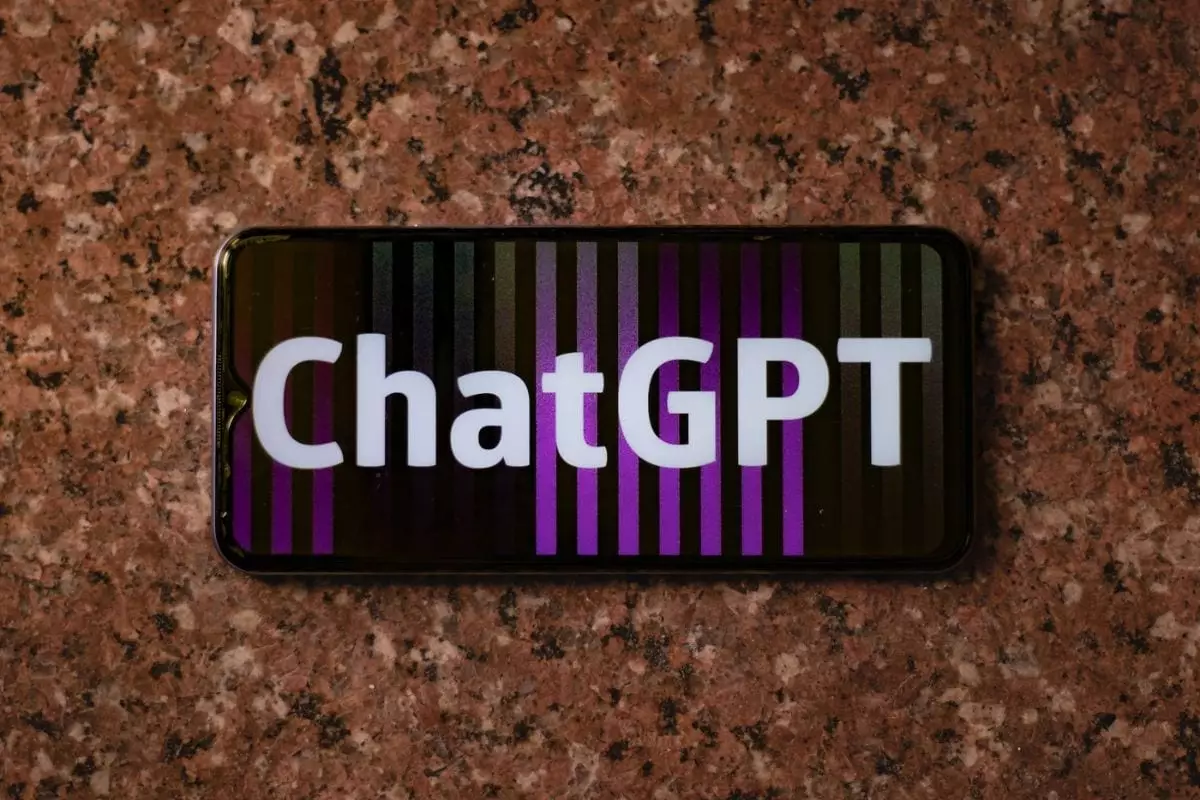OpenAI recently published a study on a new artificial intelligence (AI) model that aims to catch errors in code generation, specifically from GPT-4. This new chatbot, known as CriticGPT, was trained using the reinforcement learning from human feedback (RLHF) framework and is based on the GPT-4 model. The main goal of this model is to enhance the quality of the AI-generated code produced by large language models.
The CriticGPT model was developed using the RLHF framework, which involves combining machine output with human feedback to train AI systems. In this case, human evaluators, or AI trainers, provided feedback to help improve the model’s performance. The model was trained on a significant amount of code data containing errors, and it was tasked with identifying and critiquing these mistakes. The AI trainers were asked to insert errors into the code and provide feedback on those errors, allowing the model to learn from these examples.
According to OpenAI’s research, CriticGPT outperformed ChatGPT in catching errors, showing a 63 percent improvement. However, the model still has its limitations. It was trained on short strings of code and has not been tested on more complex tasks. The model is also known to generate incorrect responses, indicating that it struggles with hallucination. Additionally, it has not been evaluated in scenarios where multiple errors are present in the code.
OpenAI has not made the CriticGPT model available to the public, as it is primarily focused on improving internal training techniques. The goal is to generate higher quality outputs and enhance the performance of AI models like ChatGPT. If the model is eventually released to the public, it is expected to be integrated within ChatGPT to provide users with improved code generation capabilities.
Overall, while the CriticGPT model shows promise in catching errors in code generation, it still faces significant challenges and limitations. The use of RLHF and human feedback in training AI models is a step in the right direction towards enhancing the quality of AI-generated content. However, further research and development are needed to address the model’s shortcomings and improve its overall performance.


Leave a Reply